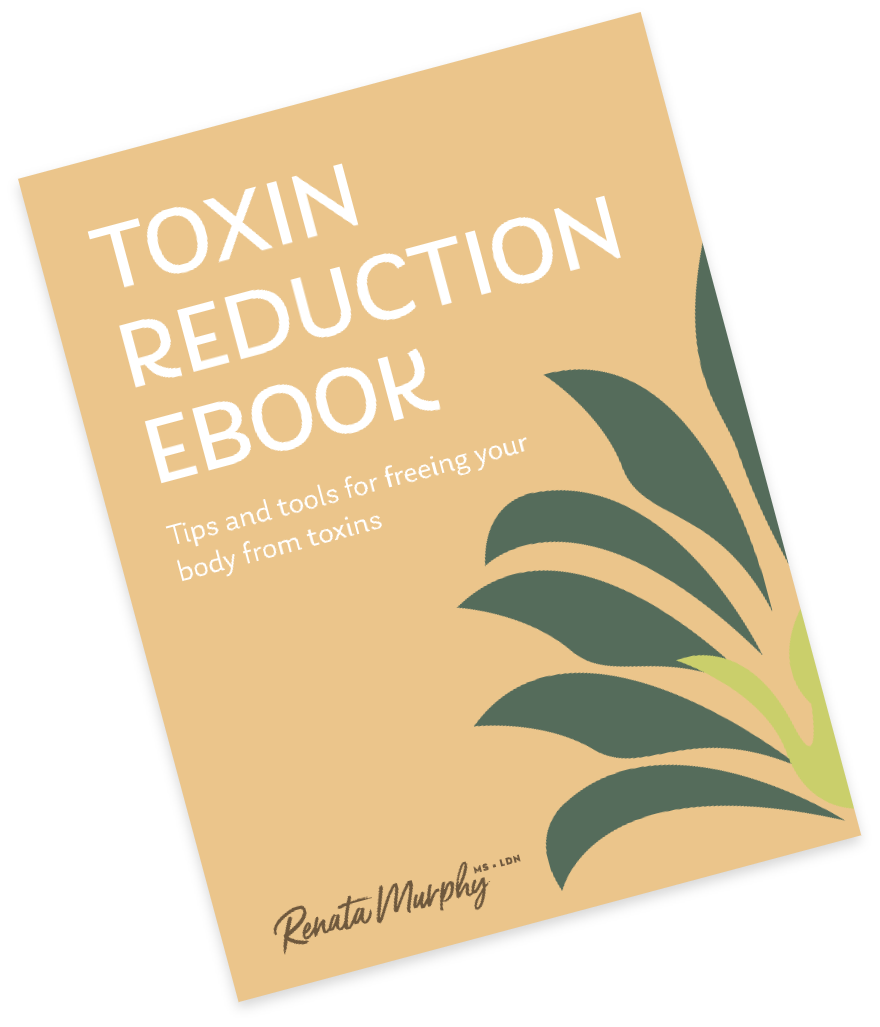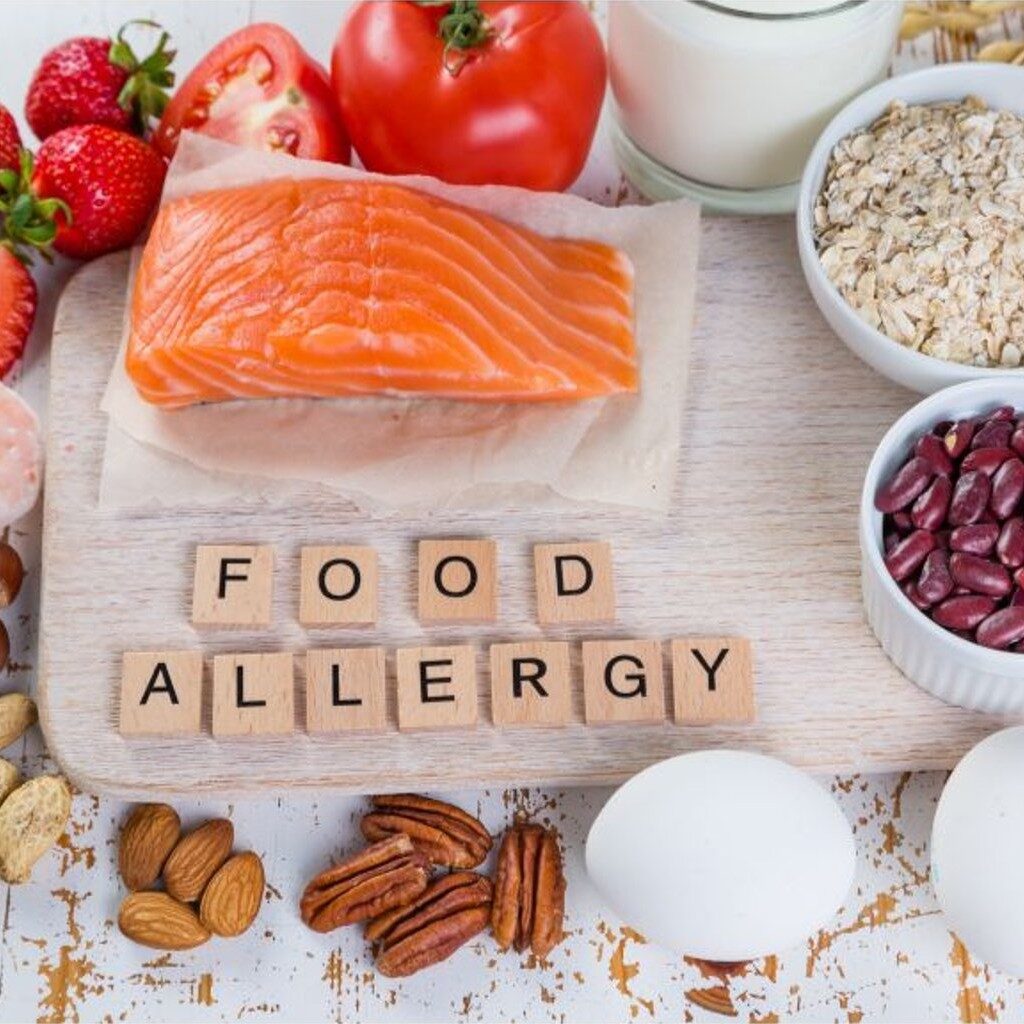Advanced Glycation End Products (AGEs)

The cooking method you choose can have a great impact in your healthy. High heat cooking can induce oxidative stress and inflammation. How can you diminish this negative impact?
Advanced glycation end products known as AGEs or glycotoxins are oxidant compounds formed in heated processed foods through a nonenzymatic reaction called Maillard or browning reaction. This reaction occurs between sugars and free amino groups of proteins, lipids, or nucleic acids. Consumption of high levels of AGEs ends up in the tissues and circulation producing pathogenic effects by promoting oxidative stress and inflammation. ¹
AGEs can be found naturally in the body, foods, especially animal-derived foods. However, certain cooking methods increase the formation of new AGEs in meats, such as grilling, broiling, roasting, searing, and frying. Meats contain the highest levels of AGEs, followed by fats and carbohydrates, which usually contain lower amounts of AGEs. Lower dietary AGEs are found in grains, legumes, bread, vegetables, fruits, and milk unless they are cooked with fats. Nonfat milk has lower amounts of AGEs compared with whole milk and high-fat cheeses have higher amounts of AGEs compared with low-fat cheeses. Yogurt also has low amounts of AGEs.¹
AGEs are produced by cooking with high heat and low moisture. You can prevent the formation of AGEs by cooking with lower temperature, moisture, and shorter time. A substance called aminoguanidine found in olive oil can prevent the formation of new AGEs as well as acid solutions, such as marinating meats in lemon juice or vinegar could reduce less than half of the amount of AGEs.¹
You can also decrease AGEs consumption by increasing the consumption of foods high in antioxidants, legumes, vegetables, fruits, whole grains, low-fat dairy products, and fish. Reduce consumption of solid fats, fatty meats, full-fat dairy products, and processed meats.
ALEs
Advanced lipoxidation end products (ALEs) are products of lipid oxidation. As well as AGEs, browning reactions of fats form those end products that can cause vascular stiffening that occurs in cardiovascular disease, diabetes mellitus, and atherosclerosis. ALEs also can cause oxidative stress and increase the activity of cytokines to produce an inflammatory response, especially in diabetes mellitus. Follow the same steps above to decrease AGEs to diminish ALEs formation. A diet rich in antioxidants can reduce the oxidation that results in AGEs and ALEs. ²
References:
- Uribarri J, Woodruff S, Goodman S, et al. Advanced glycation end products in foods and a practical guide to their reduction in the diet. Journal of the Academy of Nutrition and Dietetics Association. 2010; 110(6):911-916.e12. doi: 10.1016/j.jada.2010.03.018.
- Hessberger M. Detoxification Pathways and Alcoholism. [PowerPoint]. Bridgeport, CT: UB Nutrition Institute; 2019.
Disclaimer: The content in this newsletter is intended to provide educational information. It is not intended to give medical advice. If you have questions about a medical condition, look for your physician or a qualified healthcare provider.







